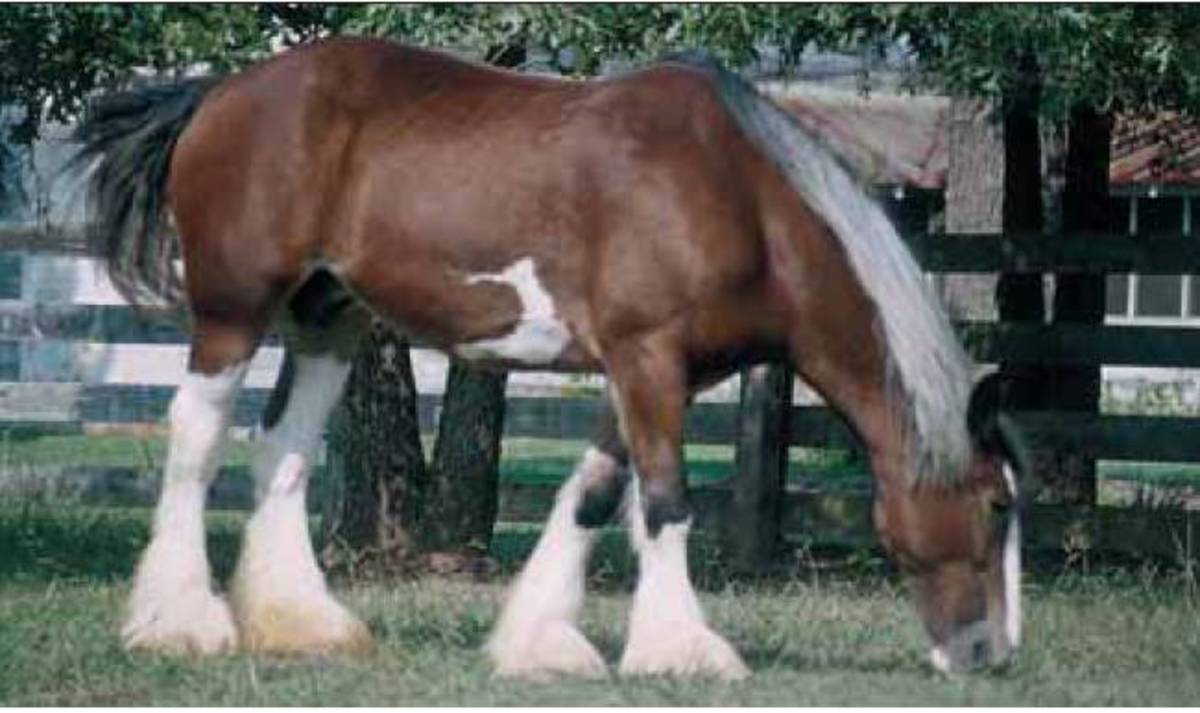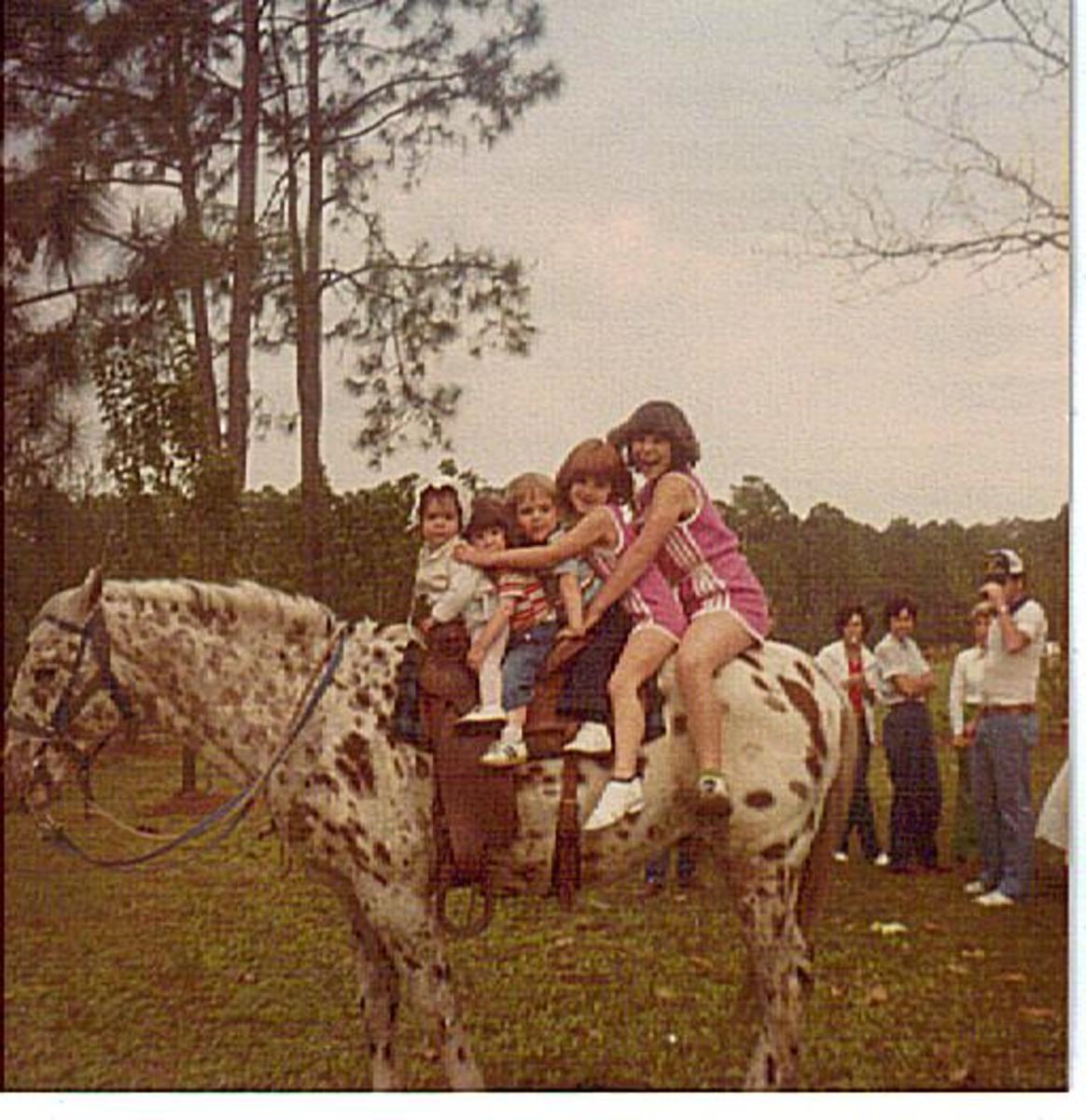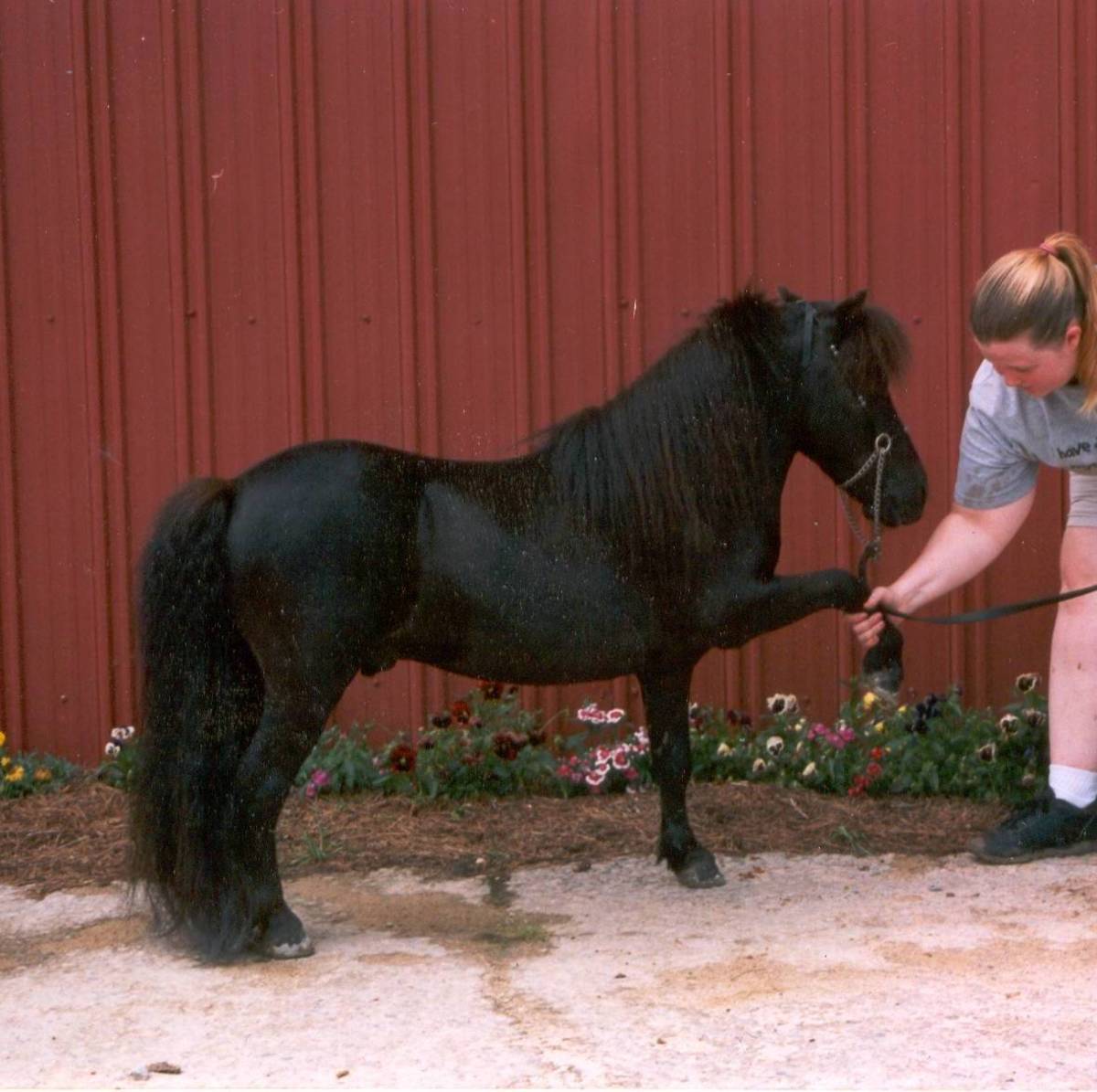Horse Disease Focus - Influenza
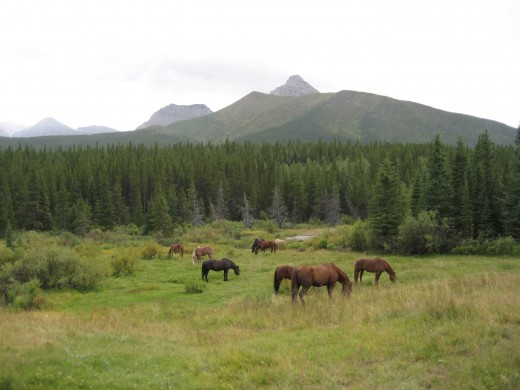
What is equine influenza?
Equine influenza is much the same as any other kind of flu. It is a contagious respiratory disease caused by a virus (most commonly equine influenza A type 2). It causes similar symptoms to human flu and is unpleasant, but rarely fatal. However, like most respiratory diseases in horses, it can cause miscarriages in pregnant mares.
Symptoms
The symptoms of equine flu are similar to those of human flu, although it is not possible to easily determine if a horse has body aches. Affected horses do demonstrate the following obvious symptoms:
1. Fever, often as high as 106 degrees fahrenheit.
2. Nasal discharge (i.e., a runny nose)
3. Swelling of the lymph nodes under the jaw (a common sign of a systematic or respiratory infection in horses).
4. A harsh and unproductive cough.
Horses may also show signs of overall misery such as drooping ears and a 'wilted' stance. If you know your horse, you will see clear signs that he or she is simply not feeling well.
Incubation is only one to three days. Also, human influenza A kits are also sensitive to equine influenza antigens and your vet may use one to definitively diagnose flu as opposed to the sometimes similar EHV.
Prevention
The best prevention for equine flu is the same as the best prevention for human flu - vaccination.
Horses should be vaccinated every three to six months if actively competing. Those that rarely leave their own barn may only need the vaccine once a year. As with human flu vaccines, companies constantly monitor the strains of the virus that are around and update the vaccine accordingly. Most horses are vaccinated using an intramuscular injection (usually administered in the muscle of the neck) with a killed vaccine. Live vaccines are occasionally used. A nasal vaccine is sometimes used in foals.
Keeping new horses that arrive on the property in quarantine will prevent them from spreading flu (and other diseases) to the rest of the herd. Any horse that has an unknown vaccination history, comes from a sale barn, or has been transported a long distance should be quarantined for two weeks, which will cover most common infections including flu. This is, however, impractical for show and sales barns where horses are in and out all of the time.
General hygiene such as regularly cleaning grooming kits and saddle blankets also helps prevent the spread of the flu.
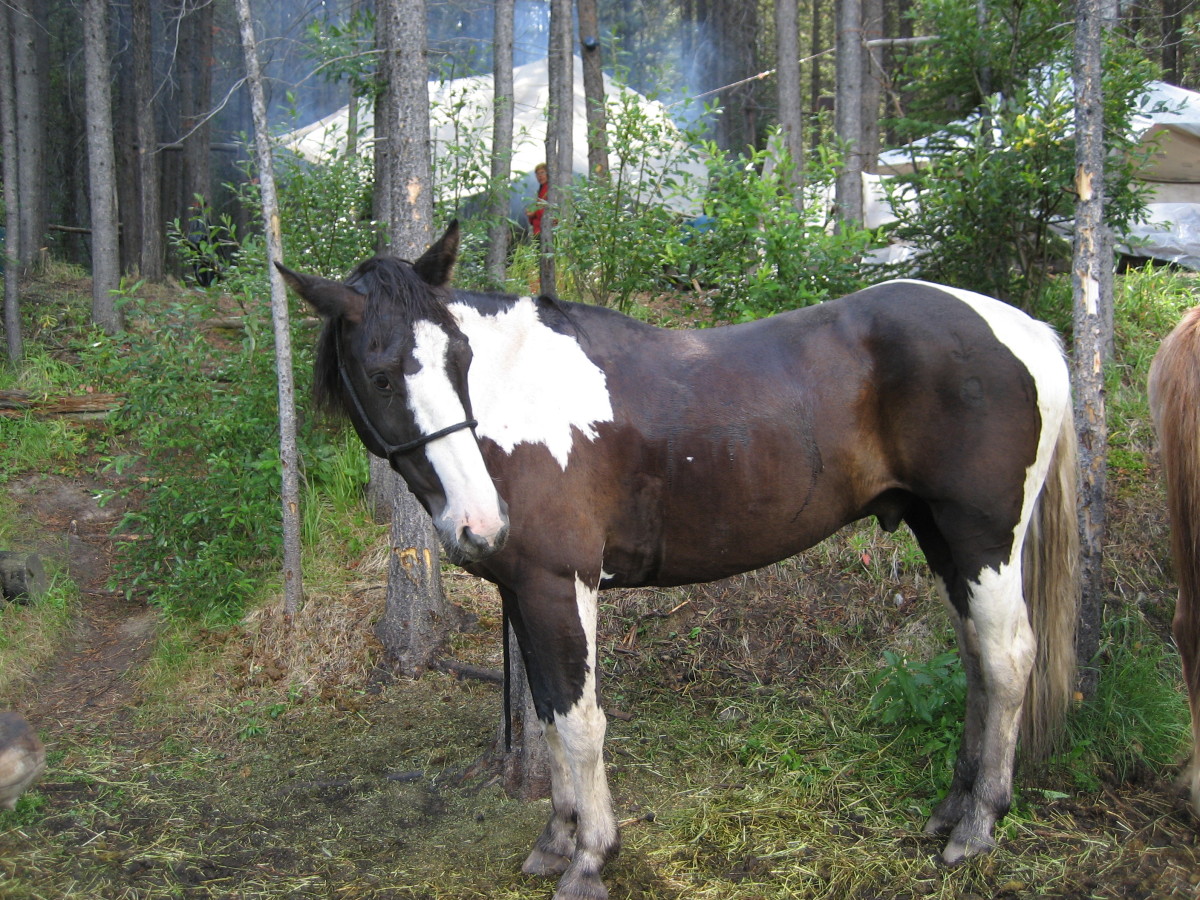
Treatment
Treatment for flu is generally supportive. There is currently no antiviral medication similar to Tamiflu available for horses.
The horse should be rested and separated from other horses. If the horse has a very high fever, bute is often prescribed to help bring the temperature down (bute is also a painkiller and might help if horses get body aches). If the fever lasts for more than 3-4 days the vet may administer antibiotics to prevent pneumonia.
Horses with the flu should be kept warm and dry. You may want to administer cough syrup (yes, this is available for horses), which is generally given orally in a similar manner to paste wormer. The horse will appreciate having his hay soaked and being given soft feed. Bran mashes are particularly palatable and should be served slightly warm. The horse should be kept in a stall or small paddock and hand walked daily.
'Steaming' the horse can also help. To do this, take a couple of handfuls of hay and put them in the bottom of a sturdy water bucket, then add a full kettle full of boiling water. Hold the horse's nose over the bucket for twenty to thirty minutes. This encourages drainage of mucus from the nose and sinuses and gives symptomatic relief.
The horse should not be returned to work until two weeks or so after the symptoms have disappeared. If your horse has a high fever that lasts more than a few days, the vet may give a course of antibiotics to prevent pneumonia. The vet may also immediately prescribe antibiotics if the affected animal is a suckling foal or aged.
Most horses only stay actually sick for a few days, but it is not uncommon for a horse to remain sick for two or three weeks.
Can I Catch Flu From My Horse?
There are no reported cases of direct inter-species transmission of the flu between horses and humans, in either direction. The most common 'jump' in companion animals is actually cats catching the flu from their owners.
However, a few years ago in the American South, there was an epidemic caused by the equine influenza virus jumping into dogs. Although this seems to have died down, it might be a good idea to keep the barn dog away from any horse suspected to have the flu, just in case.


